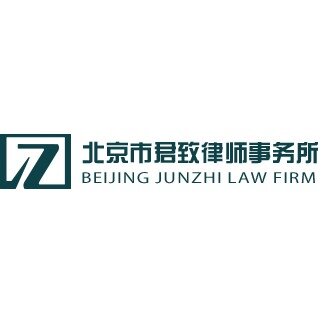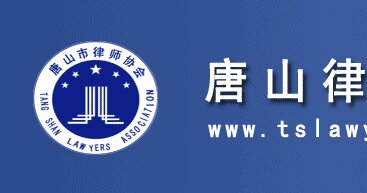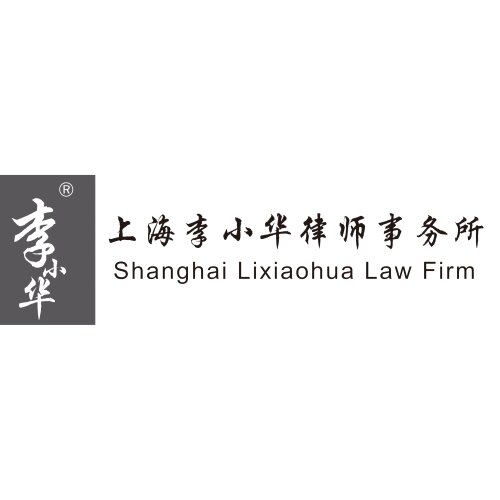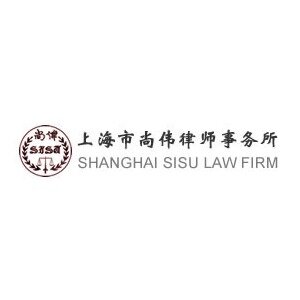Best Tax Lawyers in China
Share your needs with us, get contacted by law firms.
Free. Takes 2 min.
Or refine your search by selecting a city:
List of the best lawyers in China
About Tax Law in China
Tax law in China governs the taxation system of the country, which is known for its complexity and evolving nature. The Chinese taxation system includes individual income tax, corporate income tax, value-added tax, consumption tax, stamp duty, customs duty, and others. The State Administration of Taxation (SAT) is the main authority responsible for implementing tax policies and regulations. With China's growing economy and increasing international business ties, its tax law has undergone significant reforms to align with global practices and ensure efficient tax collection.
Why You May Need a Lawyer
There are several situations where individuals and businesses might require legal assistance in the field of tax in China:
- Starting a business: Understanding the appropriate tax structures, obligations, and incentives can be daunting for new enterprises.
- International transactions: Cross-border transactions may involve complex tax issues, such as transfer pricing and double taxation, requiring expert advice.
- Compliance: Ensuring accurate tax reporting and adherence to local tax laws is crucial to avoid penalties.
- Disputes: Resolving disagreements with the tax authorities or during audits may necessitate professional assistance.
- Tax planning: Strategically planning tax liabilities can help both individuals and companies optimize their financial outcomes.
Local Laws Overview
China's tax laws encompass several key aspects:
- Enterprise Income Tax (EIT): Levying a flat rate of 25% on resident enterprises, with reduced rates available for certain qualified industries.
- Individual Income Tax (IIT): Progressive rates apply to individuals, with a system of deductions available for foreign workers.
- Value Added Tax (VAT): A key part of the taxation system applied to goods and services, with rates typically ranging from 6% to 13%.
- Anti-avoidance rules: Stringent regulations ensure that businesses do not engage in practices that artificially reduce tax liability.
- Transfer pricing: Multinational enterprises must comply with regulations concerning the pricing of intercompany transactions.
Frequently Asked Questions
What types of taxes are imposed on individuals in China?
The primary tax imposed on individuals is the Individual Income Tax (IIT), which applies to various sources of income such as wages, salaries, and business income.
How is corporate income tax calculated?
Corporate income tax is typically calculated at a standard rate of 25% on a company’s taxable income, subject to adjustments and deductions as per the tax regulations.
Are there tax incentives for foreign-invested enterprises?
Yes, various incentives are available for foreign-invested enterprises, especially those engaged in high-tech, environmental protection, and other strategic industries.
Can tax losses be carried forward in China?
Yes, tax losses can generally be carried forward for up to five consecutive years to offset future taxable income.
What is the role of the State Administration of Taxation (SAT)?
The SAT is responsible for tax policy formulation, implementation, and supervision, as well as the administration of national taxes.
How does China handle transfer pricing?
China follows comprehensive transfer pricing regulations, requiring detailed documentation and ensuring that transactions between related parties adhere to the arm's length principle.
What are the penalties for tax evasion in China?
Penalties for tax evasion can be severe, including fines, interest charges on unpaid taxes, and criminal liability, depending on the severity of the case.
Is there a double taxation agreement between China and other countries?
China has entered into double taxation agreements with many countries to prevent the same income from being taxed twice.
Do expatriates have to pay taxes in China?
Expatriates working in China are generally liable to pay individual income tax on their China-sourced income, with certain deductions applicable.
What is the tax treatment for dividends in China?
Dividends distributed by Chinese enterprises to foreign investors are generally subject to a withholding tax, which may be reduced under applicable tax treaties.
Additional Resources
For more information and assistance regarding tax matters in China, consider the following resources:
- State Administration of Taxation (SAT)
- China’s Ministry of Finance
- Professional tax advisory firms
- Legal associations specializing in financial and corporate law
- Local chambers of commerce
Next Steps
If you require legal assistance in navigating China's tax laws, consider the following steps:
- Consult a qualified tax lawyer or advisory firm with a good understanding of both local and international tax laws.
- Prepare all relevant financial documents and records to facilitate a comprehensive assessment of your tax situation.
- Evaluate the potential legal firms to identify expertise, experience, and past client success stories before engagement.
- Stay informed about the latest updates on tax laws and regulations that may impact your individual or business tax obligations.
Engaging the right legal expertise can ensure compliance and optimized tax outcomes in the complex landscape of Chinese tax law.
Lawzana helps you find the best lawyers and law firms in China through a curated and pre-screened list of qualified legal professionals. Our platform offers rankings and detailed profiles of attorneys and law firms, allowing you to compare based on practice areas, including Tax, experience, and client feedback.
Each profile includes a description of the firm's areas of practice, client reviews, team members and partners, year of establishment, spoken languages, office locations, contact information, social media presence, and any published articles or resources. Most firms on our platform speak English and are experienced in both local and international legal matters.
Get a quote from top-rated law firms in China — quickly, securely, and without unnecessary hassle.
Disclaimer:
The information provided on this page is for general informational purposes only and does not constitute legal advice. While we strive to ensure the accuracy and relevance of the content, legal information may change over time, and interpretations of the law can vary. You should always consult with a qualified legal professional for advice specific to your situation.
We disclaim all liability for actions taken or not taken based on the content of this page. If you believe any information is incorrect or outdated, please contact us, and we will review and update it where appropriate.
Browse tax law firms by city in China
Refine your search by selecting a city.
















